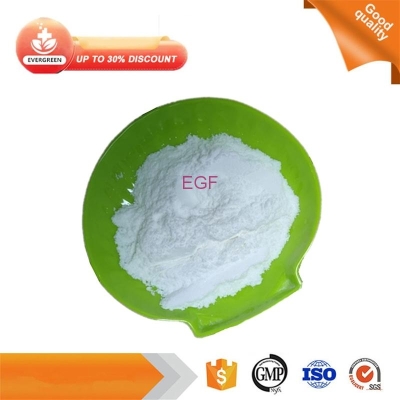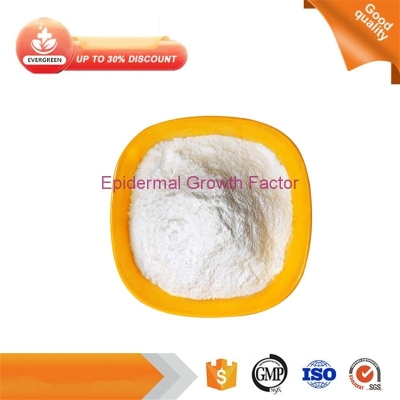-
Categories
-
Pharmaceutical Intermediates
-
Active Pharmaceutical Ingredients
-
Food Additives
- Industrial Coatings
- Agrochemicals
- Dyes and Pigments
- Surfactant
- Flavors and Fragrances
- Chemical Reagents
- Catalyst and Auxiliary
- Natural Products
- Inorganic Chemistry
-
Organic Chemistry
-
Biochemical Engineering
- Analytical Chemistry
- Cosmetic Ingredient
-
Pharmaceutical Intermediates
Promotion
ECHEMI Mall
Wholesale
Weekly Price
Exhibition
News
-
Trade Service
iNature
Chemotherapy and targeted therapy are the mainstay treatments for gastric cancer (GC), but drug resistance limits its efficacy
.
On September 29, 2022, Fudan University Ding Chen, Hou Yingyong, Liu Tianshu, Shen Kuntang and Zhao Jianyuan of Shanghai Jiao Tong University published a joint newsletter in Nature Communications titled "Proteomic characterization of gastric cancer response to chemotherapy and targeted therapy reveals new.
" therapeutic strategies" research paper that reported proteomes
of 206 tumor tissues from GC patients undergoing chemotherapy or anti-HER2-based therapy.
Proteome-based classification reveals four subtypes (GI-G-IV)
associated with different clinical and molecular characteristics.
Patients with MSI-sig hyperGC benefit from docetaxel combination therapy with an anti-cancer immune response
.
Further studies showed that patients with high T cell receptor signaling responded to anti-HER2-based therapy; Activation of the extracellular matrix/PI3K-AKT pathway weakens the antitumor effect
of trastuzumab.
CTSE was observed to function as an intrinsic enhancer for docetaxel chemical sensitivity, while TKTL1 acts as an attenuating agent
.
Finally, the study developed a high-precision prognostic model to predict treatment response and further validate it in an independent validation cohort
.
In conclusion, the study provides a wealth of resources
for studying the mechanisms and indicators of gastric cancer chemotherapy and targeted therapy.
Stomach cancer (GC) is one of the most common malignancies of the digestive system and the second leading cause
of cancer-related death worldwide.
Risk factors for GC include smoking, a high-salt diet, heavy meat intake, bile reflux, and Helicobacter pylori infection
.
Currently, surgery, chemotherapy and radiation therapy are the main treatment strategies
for gastric cancer.
However, 70-90% of GC patients are diagnosed with advanced disease and have a poor
prognosis.
Preoperative chemotherapy is considered a standard of care and a promising way to
improve survival in patients with locally advanced GC.
Triple chemotherapy DOS (docetaxel, oxaliplatin, and S-1) and double chemotherapy XELOX (capecitabine and oxaliplatin) have been identified as first-line therapies
for local and metastatic GC.
In the ToGA trial, trastuzumab-based chemotherapy showed survival benefits in human patients with epidermal growth factor receptor 2 (HER2)-positive GC, in which an anti-HER2 targeting strategy was proposed as a standard method
for HER2-positive GC patients.
However, the mechanism of resistance to trastuzumab in combination with chemotherapy remains unclear
.
DOS, XELOX, and anti-HER2 therapies for gastric cancer have widespread chemotherapy drug resistance
.
It is reported that 80% of GC patients show resistance
.
The clinical efficacy of DOS therapy is relatively low, with an objective response rate (ORR) of 54.
5%.
With the increasing resistance to chemotherapy and targeted therapies today, exploring the mechanisms of resistance and identifying predictive biomarkers for these therapies is important
to improve therapeutic outcomes in GC patients.
In randomized controlled TOGA trials, the median overall survival of patients receiving trastuzumab plus cisplatin and fluoropyrimidine chemotherapy was improved
compared with patients receiving chemotherapy alone.
However, the priority of patient selection and prevention of trastuzumab resistance in combination therapy remains to be convinced
.
Overall, there is still a lack of a comprehensive molecular landscape
for predicting GC treatment responses.
Several molecular classifications have been proposed to link molecular patterns to clinical features
.
According to the MAGIC trial, high MSI was associated with a positive prognostic effect in patients receiving surgery alone, while adverse prognostic effects were different in patients treated with perioperative epirubicin, cisplatin, and fluorouracil chemotherapy
.
However, there are no systematic data reports
on the outcomes of patients with MSIGC receiving first-line chemotherapy and targeted therapies such as XELOX, DOS, and anti-HER2 therapy.
Proteins are seen as "enforcers of life" that provide insight into diseases at the protein level and potentially bridge the gap
between research and clinical practice.
Here, comprehensive proteomic analysis is initiated to investigate responses
to first-line therapies for GC (DOS, XELOX, and anti-HER2-based therapies).
Biopsy tumor FFPE samples from 206 untreated GC patients were collected and a GC cohort covering three clinically treated subgroups was constructed, including the DOS subgroup (44 patients treated with DOS), the XELOX subgroup (70 patients treated with XELOX), and the HER2 subgroup (71 patients treated with anti-HER2).
Proteomic clustering leads to four subtypes of GC molecules with different functions that show associations
with drug responses and clinical outcomes.
GC subtypes and their prognostic differences were verified in other independent GC cohorts
.
GC patients with high MSI-sig were found to be sensitive to DOS responses, but did not respond
to XELOX treatment.
Bioinformatics analysis showed that T cell receptor signaling and CD8+Tcm were aggravated in the DOS sensitive group compared to the non-sensitive group, while the response to XELOX treatment was reversed
.
Further comparative analyses showed that patients with high TCR signals were less likely to benefit from XELOX in combination with anti-HER2-based therapy; Activation of ECM and downstream PI3K-AKT pathways weakens the antitumor effect
of trastuzumab.
Further validation experiments to confirm the synergistic effect
of trastuzumab with XELOX or PI3K-AKT inhibitors in vitro.
In addition, research has developed high-precision prognostic models to predict chemotherapy response, XELOX (N=20), or anti-HER2 (N=20) therapies
.
Finally, the function of CTSE as an intrinsic enhancer of docetaxel chemical sensitivity was verified, while TKTL1 was verified as an attenuating agent
for docetaxel.
Summary of proteomic analysis of gastric cancer (Figure from Nature Communications)
In summary, this study presents a comprehensive proteomics approach to predict responses to chemotherapy and targeted therapies and to suggest their prognosis and therapeutic significance as well as potential regulatory mechanisms
that may benefit clinical practice.
Informational message:
—END—
The content is [iNature]






